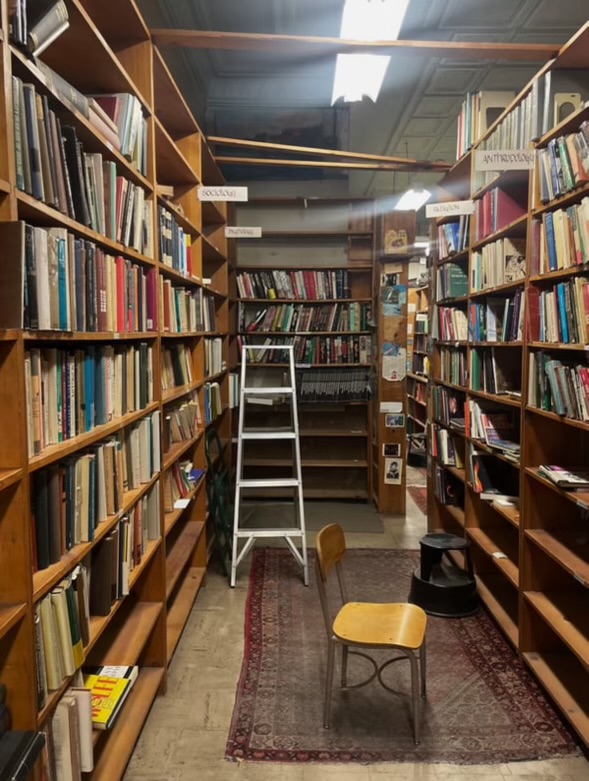Dane County residents and animal activists are invited to gather this weekend in remembrance of monkeys, a Wisconsin-based animal rights group announced this week.
Alliance for Animals, a nonprofit animal rights organization, is marking the 10-year anniversary of the date the University of Wisconsin Primate Center sent about 150 monkeys to Tulane University, where the monkeys were victims of fatal experiments.
The group will gather Saturday at the Henry Vilas Zoo on the site where the monkey house ? which housed monkeys UW owned and cared for ? used to be.
Rick Bogle, an Alliance for Animals activist, said the point of the gathering was to remind Dane County residents about how UW allegedly broke promises to not perform harmful experiments on monkeys born at the zoo.
?We will remember these basically 350 monkeys that were killed in violation of three written agreements between the Primate Center and Dane County,? Bogle said. ?We want to call attention to the fact that this is something the university did and was never held accountable for.?
In addition to the 150 sent to Tulane University, Boglee said a whistle blower found documents showing that since 1989 at least 201 monkeys from UW Primate Center 201 ?had been sold to labs around the country and used in experiments at the UW primate center that resulted in their suffering and deaths, while written promises that they would be safe were in effect.?
According to Bogle, Primate Center directors and members signed three different letters in 1989, 1990 and 1995, stating the center would not perform harmful experiments on the monkeys unless a monkey had unique genetic traits.
UW Primate Center director Joe Kemnitz said UW never entered into an agreement like that because it would not make sense.
?It?s a biomedical research facility,? Kemnitz said. ?We are using taxpayers? money to research on animals to improve human health.?
Kemnitz said the monkeys living at Vilas Zoo provided entertainment for Dane County residents and were mostly used in experiments observing their social structure.
?In the 1990s we made a decision to abandon the zoo facility. ? People felt they had learned as much from those monkeys as they could,? Kemnitz said.
UW then made the decision, Kemnitz said, to transfer the approximately 150 Rhesus monkeys previously housed in Vilas Zoo to the Tulane University Primate Center in New Orleans, La.
According to a statement from Alliance for Animals, when the monkeys arrived at Tulane they ?endured 90 days of solitary confinement; ? their family groups were destroyed. Some were placed into breeding situations, some died, and others were experimented on and then killed.?
Kemnitz said no invasive experiments were performed on the monkeys at Tulane where afterward they would have to be put to sleep. They underwent a standard quarantine period to ensure a monkey did not transfer any diseases to another monkey from the large group, he added.
?I would say that the monkeys were not mistreated when they went to Tulane. ? They were doing very well for the first few years at least,? Kemnitz said, adding the monkeys were used for breeding purposes.
Once UW removed all of its monkeys from the Vilas Zoo, the monkey house was demolished.
?It?s almost if the university does not want the public to remember it at all,? Bogle said.
The public is invited to gather for the monkeys at Henry Vilas Zoo inside Gate 9 from 11 a.m. to 1 p.m. on Saturday.







